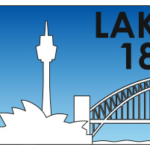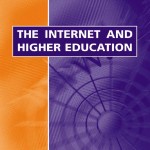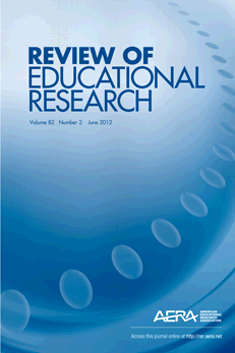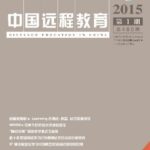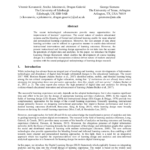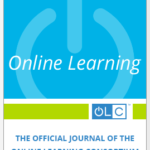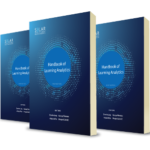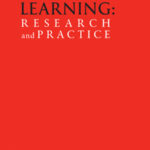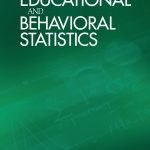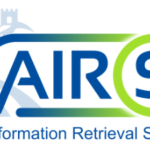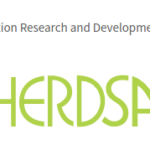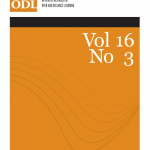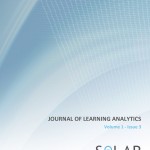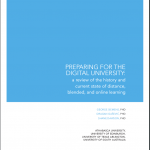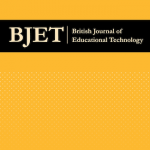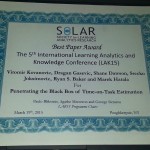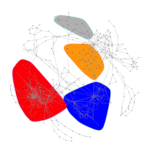It is pleasure to announce that our latest paper:
Kovanovic, V., Gašević, D., Joksimović, S., Hatala, M., & Adesope, O. (2015). Analytics of communities of inquiry: Effects of learning technology use on cognitive presence in asynchronous online discussions
is available online at the Intenrt and Higher Education journal. Until august 20, the paper is freely available for download directly from Elesevier using this link. Preprint is also available here.
Abstract: This paper describes a study that looked at the effects of different technology-use profiles on educational experience within communities of inquiry, and how they are related to the students’ levels of cognitive presence in asynchronous online discussions. Through clustering of students (N = 81) in a graduate distance education engineering course, we identified six different profiles: 1) task-focused users, 2) content-focused no-users, 3) no-users, 4) highly intensive users, 5) content-focused intensive users, and 6) socially-focused intensive users. Identified profiles significantly differ in terms of their use of learning platform and their levels of cognitive presence, with large effect sizes of 0.54 and 0.19 multivariate η2, respectively. Given that several profiles are associated with higher levels of cognitive presence, our results suggest multiple ways for students to be successful within communities of inquiry. Our results also emphasize a need for a different instructional support and pedagogical interventions for different technology-use profiles.
Highlights:
- We investigated technology-use profiles using six offerings of a graduate level course with the total of 81 students.
- Our MANOVA results revealed six technology-use profiles, associated with different levels of cognitive presence.
- Building on the previous research we describe identified clusters and discuss the impact of our findings.
Keywords: Community of inquiry; Learner profiles; Clustering; Distance education; Human agency


